"I think it’s outrageous that the US administration now tries to freely pick and choose what serves its interests in complete rejection of the views of the others and even in complete rejection of the common sense, trying to defeat JCPOA [Joint Comprehensive Plan of Action]," Sergei Ryabkov said on Tuesday, during a videoconference of the New York Council on Foreign Relations.
The statement was made in response to US officials’ words, who said that Washington would seek to restore all previously canceled sanctions against Iran if the UN Security Council fails to preserve the embargo on weapons supplies to Tehran, which expires this fall.
"If this will happen the way as you suggest and, as many think-tankers, many op-ed writers, just people knowledgeable of this believe, would happen, then we will inevitably end in a severe crisis situation at the Security Council," the Russian diplomat continued. "And it would be a huge blow to the sovereignty of the Security Council, and the US will bear responsibility for this."
He said Washington withdrew from the JCPOA on Iran’s nuclear program, which envisages the mechanism of triggering the ‘snapback’ sanctions, "subsequently approved by the UN Security Council resolution."
US Special Representative for Iran and Senior Adviser to the Secretary of State Brian Hook said at the Washington-based Heritage Foundation on Tuesday that the US was ready to raise the issue of restoring all sanctions against Tehran if the arms embargo is not extended.
In 2015, Iran and six major powers (five member states of the United Nations Security Council - Russia, the United States, France, the United Kingdom and China - and Germany) agreed on the final Joint Comprehensive Plan of Action, which particularly stipulated the removal of sanctions imposed on Tehran over its nuclear program.
In May 2018, US President Donald Trump took an illegal and unilateral decision to end Washington’s participation in the nuclear deal and re-impose the sanctions that the agreement had lifted, in defiance of the fact that the accord has been endorsed by the UN Security Council in the form of Resolution 2231.
Tehran maintains that its nuclear program is merely peaceful as also asserted by other signatories of the JCPOA.
Ever since withdrawing from the agreement, Washington has launched a so-called maximum pressure campaign against Tehran, seeking to pressure it with a growing list of widespread sanctions targeting the Islamic Republic.
Trump has been trying to bring Iran to the negotiation table for a new deal.
Iran, however, has reiterated that it will not enter into negotiations with the United States unless Washington returns to the 2015 nuclear deal that it has unilaterally quit.
MNA/TASS


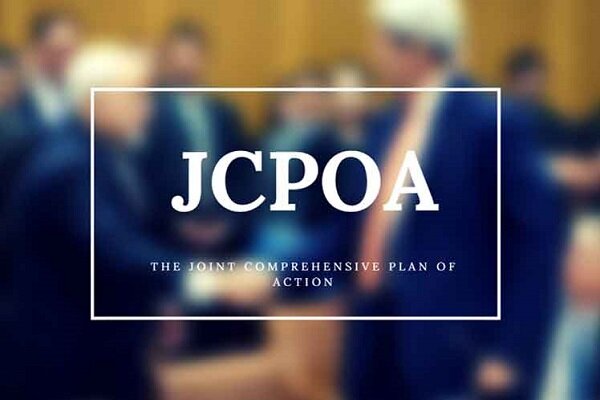



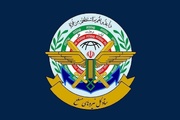
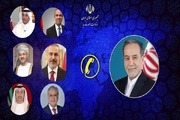

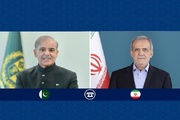
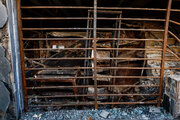
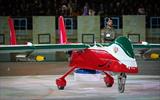
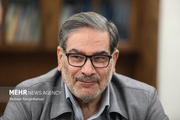


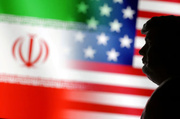
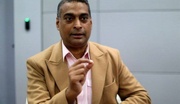




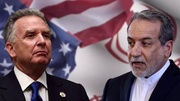
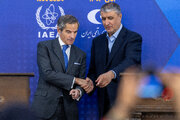



Your Comment